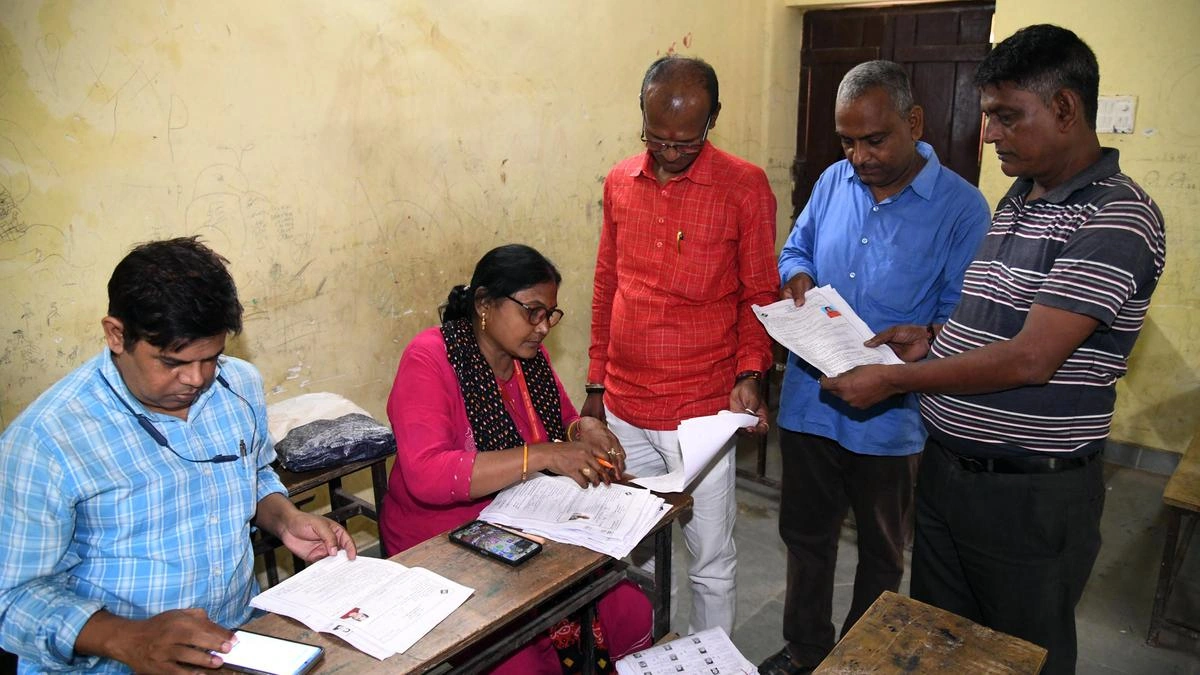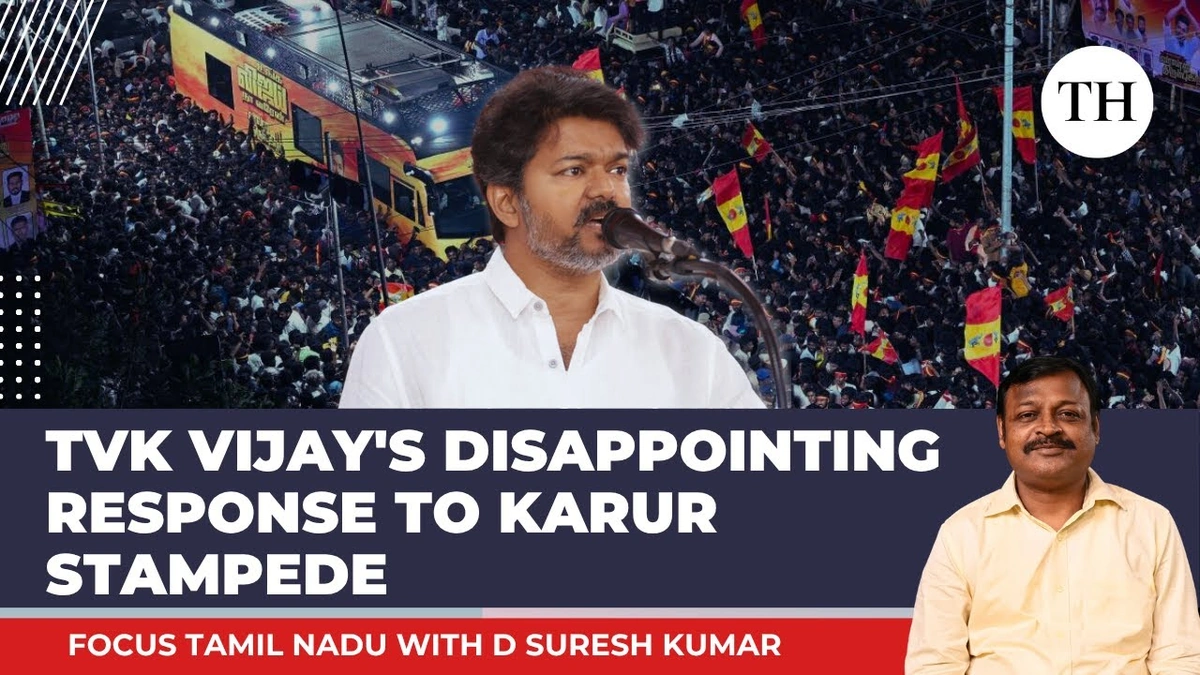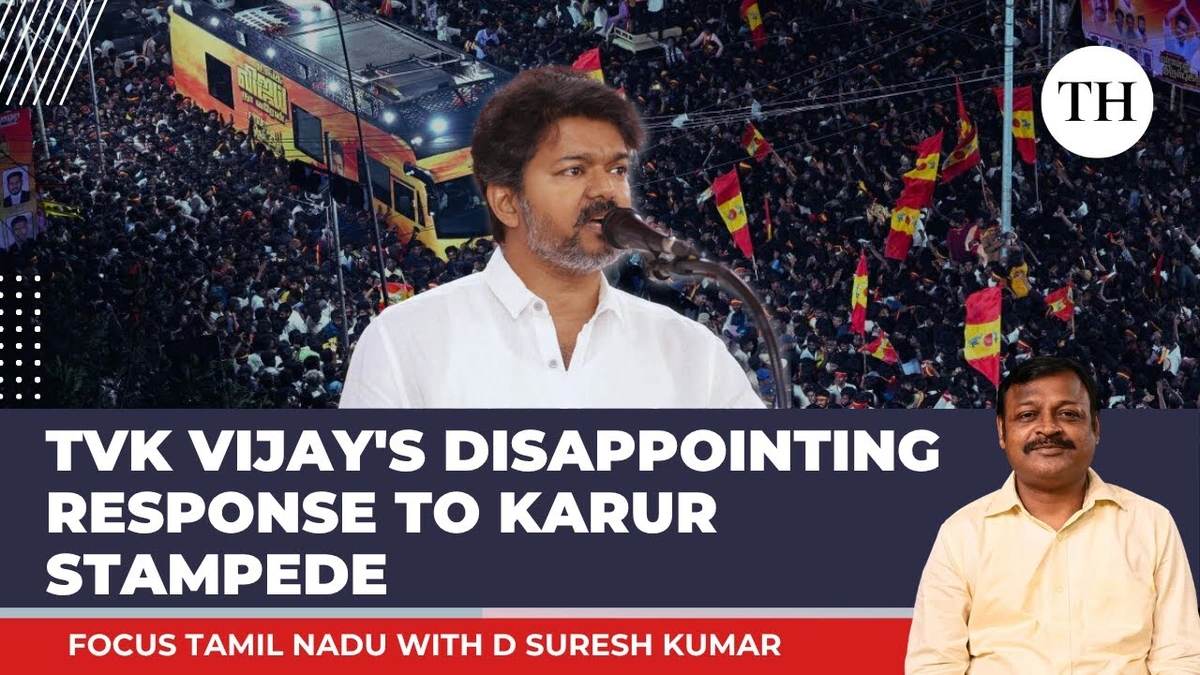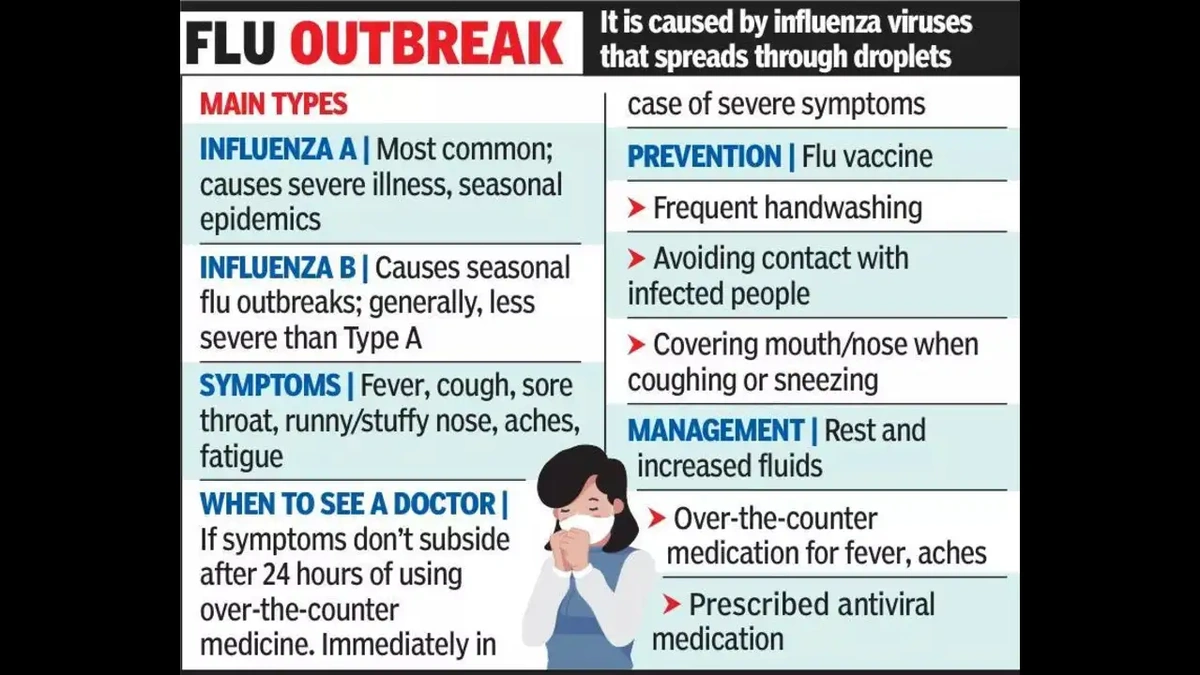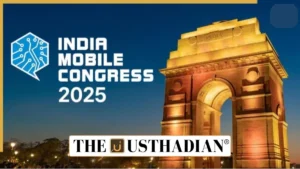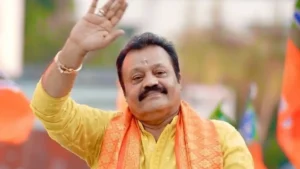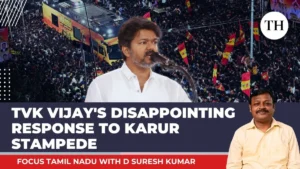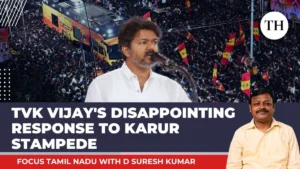Supreme Court Asks Election Commission to Detail Excluded Voters
The Supreme Court has recently directed the Election Commission to provide detailed data on excluded voters . Now, on the surface, it might seem like just another legal proceeding, right? But here’s the thing: this seemingly simple request has massive implications for Indian democracy and the very essence of representation. What fascinates me is the question: Why now? And what does this really mean for you and me?
Why This Matters | A Deep Dive Into Electoral Rolls
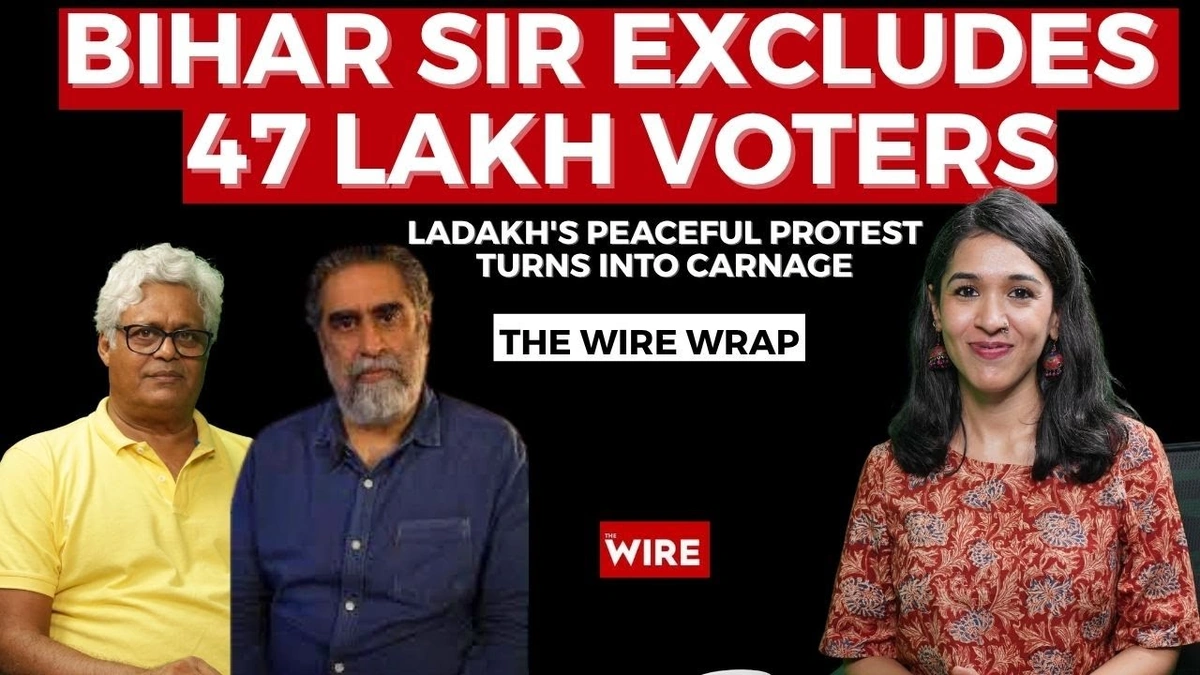
Let’s be honest, most of us don’t spend our evenings poring over electoral roll statistics. But electoral rolls are the backbone of any democratic process. Think of them as the master list that determines who gets a say in choosing our leaders. Any discrepancy, any exclusion, however small, can have a ripple effect on the outcome of an election.
The Supreme Court’s intervention highlights a critical concern: are our electoral rolls truly representative? Are eligible voters being wrongly excluded? And if so, what systemic issues are causing this?
I initially thought this was a simple matter of updating addresses. But then I realized the complexities involved – migration, bureaucratic hurdles, lack of awareness, and even deliberate manipulation. These are all factors that can contribute to voter exclusion. According to the Election Commission of India, ensuring an accurate and inclusive electoral roll is a continuous process, but the Supreme Court’s scrutiny suggests that more needs to be done.
The ‘How’ | Unpacking the Election Commission’s Task
So, what exactly is the Election Commission being asked to do? The court wants a detailed breakdown of the reasons for voter exclusion. This isn’t just about providing numbers; it’s about understanding why people are being left out. Is it due to address changes, outdated information, or other factors? The Election Commission must thoroughly investigate these issues to provide a comprehensive report to the Supreme Court.
The Supreme Court order is a strong signal for the Election Commission to review and improve its processes. This could include implementing more proactive outreach programs to identify and register eligible voters, simplifying the voter registration process, and addressing systemic barriers that disproportionately affect marginalized communities. For example, according to guidelines mentioned in the information bulletin, specific documents are required for voter registration, but often, people from marginalized communities do not have those. This could lead to exclusion of such voters.
The Emotional Angle | Voices Unheard
Imagine being denied the right to vote – to have your voice silenced in the democratic process. It’s not just about missing out on casting a ballot; it’s about feeling like you don’t matter, like your concerns are being ignored. Voter exclusion can lead to feelings of disenfranchisement, alienation, and anger. It erodes trust in the system and undermines the very foundation of democracy. Let me rephrase that for clarity: It’s a big deal.
That moment of frustration when you realize your name is missing from the voter list – we need to address the root causes of this problem and ensure that every eligible citizen has the opportunity to exercise their right to vote.
The Technicalities and the Voter ID Card Conundrum
Now, let’s get down to the nitty-gritty. One of the most common reasons for voter exclusion, at least on paper, is discrepancies in voter ID cards – the good old Voter ID Card . Maybe the address is wrong, or the name is misspelled. Small errors, big consequences. This becomes more complicated when we consider the Aadhaar card and its potential linkage to voter registration. While the Election Commission has clarified that Aadhaar is not mandatory for voter registration, the push for digital identification raises questions about data security, privacy, and the potential for exclusion based on technological divides.
The one thing you absolutely must double-check on your Voter ID is the accuracy of your address. An outdated address is a primary cause for exclusion during verification drives. Keep your voter registration up to date; that way, you can vote.
I initially thought this was straightforward, but then I realized that many people, especially in rural areas, may not have easy access to update their Voter ID cards. The process needs to be streamlined and made more accessible to everyone.
The Path Forward | Transparency and Accountability
So, where do we go from here? The Supreme Court’s directive is a crucial step towards ensuring greater transparency and accountability in the electoral process. The Election Commission’s report will shed light on the extent of voter exclusion and the underlying causes. But it’s not just about identifying the problem; it’s about taking concrete steps to address it.
This includes strengthening voter education programs, simplifying the voter registration process, improving data management systems, and ensuring that all citizens have equal access to the ballot box. Ultimately, the goal is to create a more inclusive and representative democracy – one where every voice is heard and every vote counts.
A common mistake I see people make is waiting until the last minute to check their voter status. Don’t wait! Be proactive and ensure your name is on the list well in advance of the election.
And as citizens, we have a responsibility to hold our institutions accountable and demand greater transparency and inclusivity. The Supreme Court’s intervention is a reminder that democracy is not a passive process; it requires constant vigilance and active participation. Make sure you do your part. Consider exploring GST on mobile phones and how it impacts citizen’s rights.
The Supreme Court’s query also brings to the fore, the role of Electoral Officer in ensuring the correctness of the voter lists. Often, the local officers are burdened with multiple responsibilities, which affects their primary work. An increased focus on this issue is the need of the hour.
But, what is even more fascinating, is the role of technology in the whole process of identifying and registering voters. As per the latest circular on the official Election Commission website (eci.gov.in), technology will be used extensively in the upcoming elections to reduce errors. This will bring in increased voter awareness and transparency.
Here’s the thing: this isn’t just about numbers or statistics; it’s about real people and their right to participate in the democratic process. The Supreme Court’s intervention is a wake-up call. It’s a reminder that we must always strive to improve our electoral system and ensure that every eligible citizen has a voice. Let’s not take our right to vote for granted.
As per the directions given by the Supreme Court, booth level officers will be entrusted with the task of going house to house, and finding out about eligible voters. This is important, given the scale of the elections.
Lastly, citizens must be encouraged to check their names on the voter list regularly. This should be made simple and easy to do.
FAQ Section
Frequently Asked Questions
What if I can’t find my name on the voter list?
First, double-check the spelling and details you entered. If it’s still missing, contact your local election office or check the Election Commission’s website for assistance.
What if I forgot my application number?
You can usually retrieve it through the Election Commission’s website or by contacting your local election office with your personal details.
How do I update my address on the voter list?
You can submit a new application form online or offline through the Election Commission, providing proof of your new address.
What documents are accepted as proof of address for voter registration?
Accepted documents typically include Aadhaar card, passport, driving license, utility bills, and bank statements.
What is the last date to register as a voter before an election?
The deadline varies, but it’s generally a few weeks before the election date. Check the Election Commission’s website for specific dates.
Ultimately, this situation reinforces the need for continuous improvement and vigilance in our electoral processes. Accessing latest news is important for all citizens.
